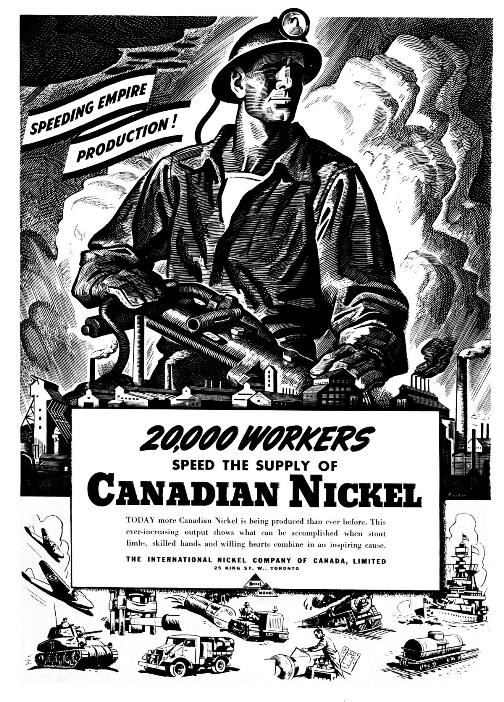The Sudbury Star, the City of Greater Sudbury’s daily newspaper. cmulligan@thesudburystar.com
“I want to make it undoubtedly clear that safety comes before production at this company. People are always more important than any results or material goods. … If you see a risky situation or unsafe behaviour, it is your duty to intervene.”
(Vale CEO Murilo Ferreira – July 13, 2011)
Editor’s note: The names of Jordan Fram and Jason Chenier are incorrect in today’s print edition of The Sudbury Star. We apologize to the families and to our readers for the error.
Safety comes before production and people are more important than profit, Vale’s chief executive officer Murilo Ferreira told his company’s 119,000 employees Tuesday. The comments came in a statement from Ferreira issued after eight Vale employees were killed in six accidents in the last three months.
Ferreira sent the letter to Vale employees on five continents, reminding them that mining can be dangerous and involves risk, but that safety is sacrosanct for the Brazil-based company. Two Sudbury miners, Jason Chenier, 35, and Jordan Fram, 26, died June 8 on the 3,000-foot level of Stobie Mine after a load of crushed ore fell on them.
That accident is under investigation by the Ministry of Labour, Vale and United Steelworkers Local 6500, the union to which the men belonged.























